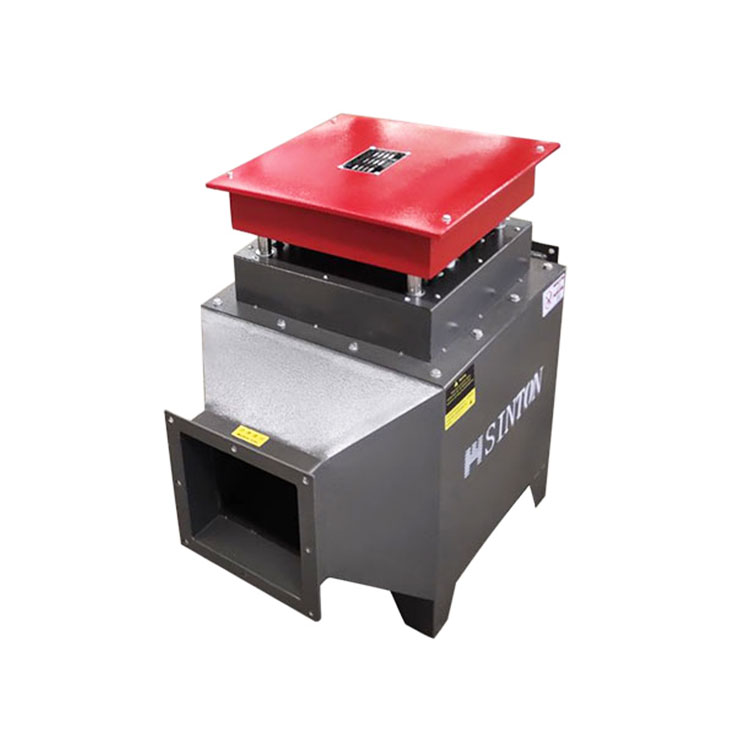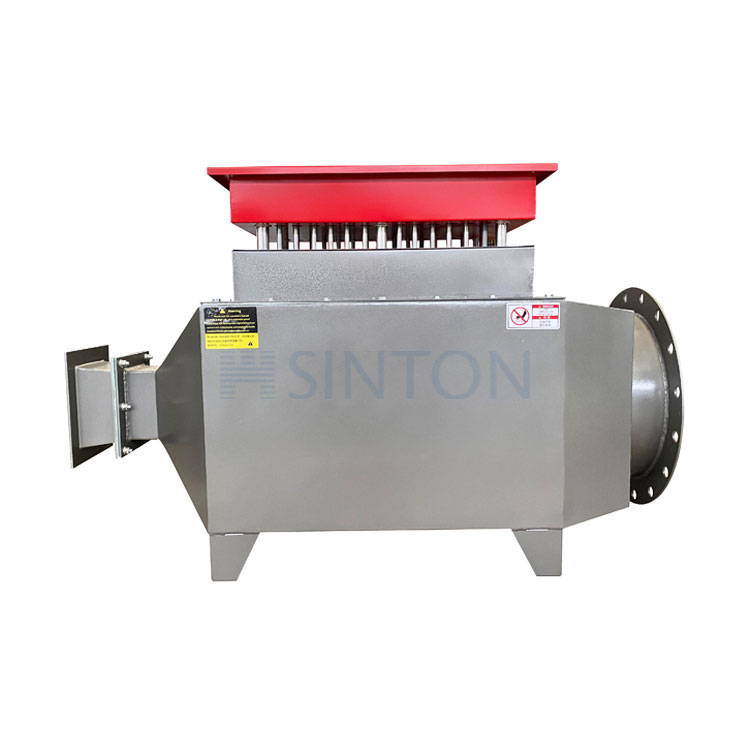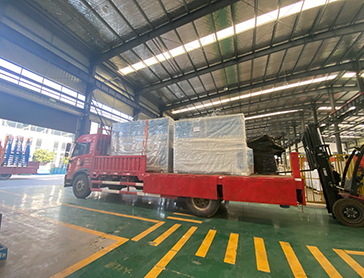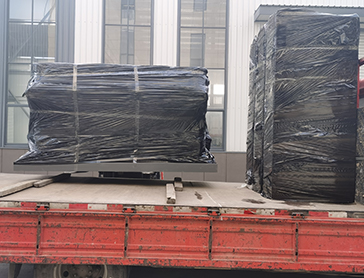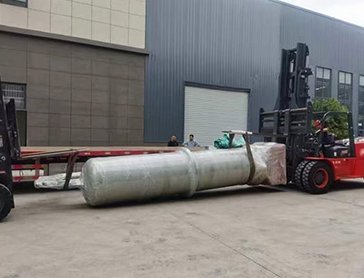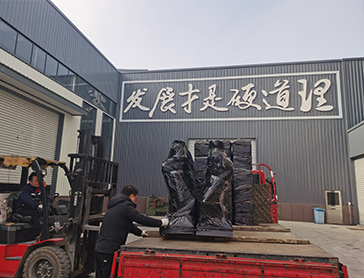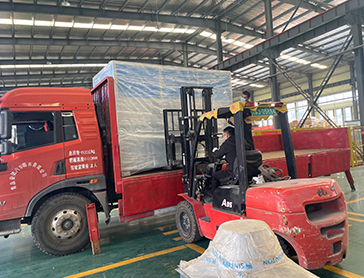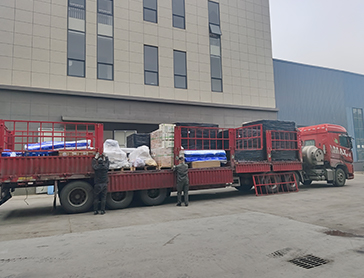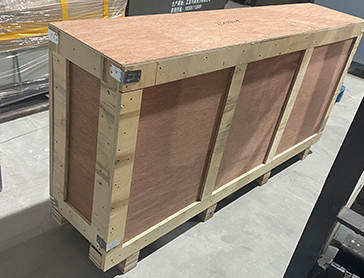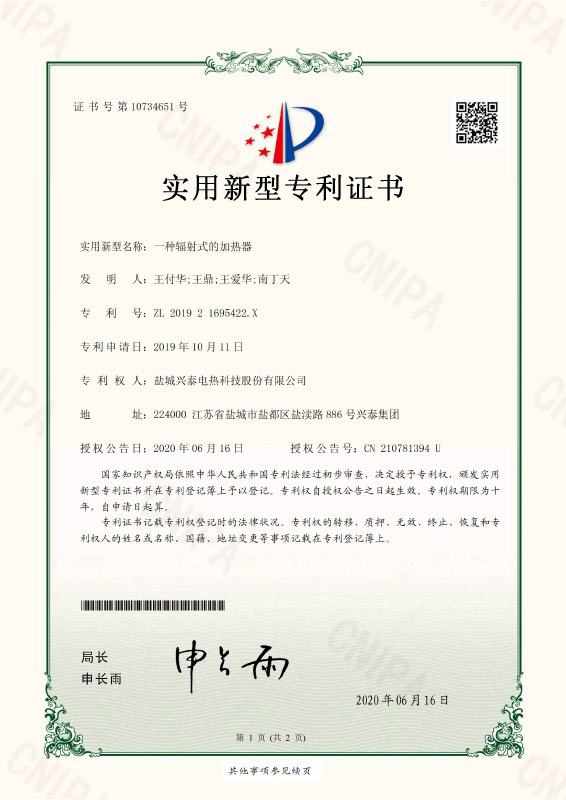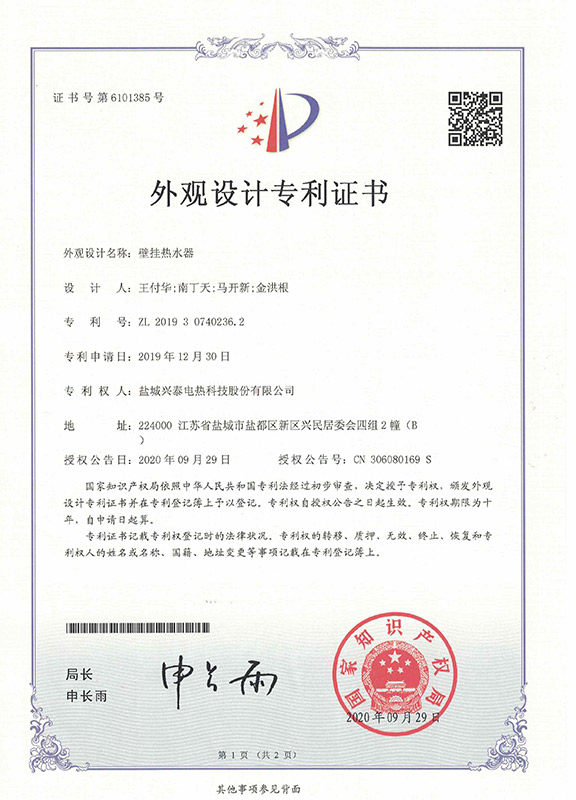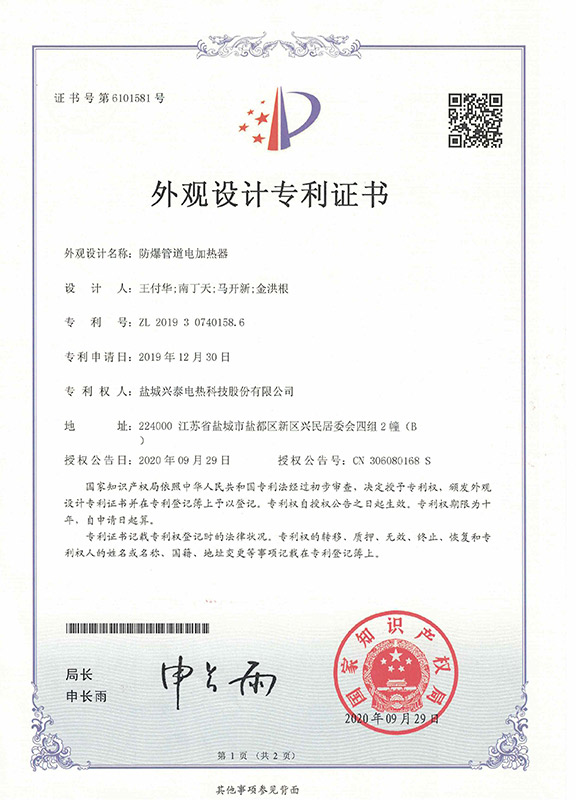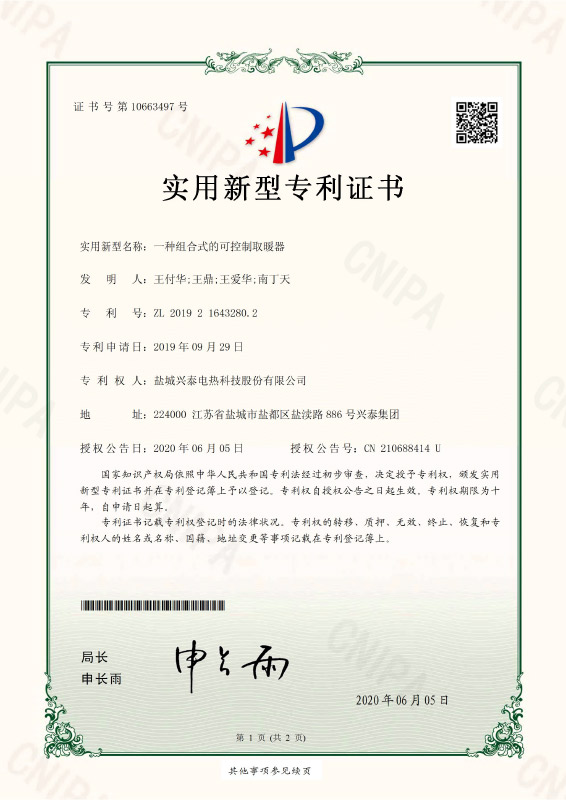1. Benefits of Using Cast Copper Heaters
a)High Thermal Conductivity: The exceptional thermal conductivity of copper is one of the most significant advantages of cast copper heaters. Copper boasts a thermal conductivity that is significantly higher than other common metals used in heating elements, such as aluminum or steel. This property enables cast copper heaters to rapidly and uniformly distribute heat throughout the heating surface. As a result, processes can reach operating temperatures quickly, leading to enhanced productivity and efficiency.
b)Durability and Longevity: Cast copper heaters are renowned for their durability and longevity. Copper is inherently resistant to corrosion and degradation, even in harsh industrial environments. This resistance to corrosion ensures that the heating element maintains its structural integrity over time, reducing the risk of premature failure. Copper's mechanical properties make it highly resilient to thermal stress and mechanical wear, further enhancing the heater's lifespan.
c)Energy Efficiency: The superior thermal conductivity of copper not only facilitates rapid heating but also contributes to energy efficiency. Cast copper heaters require less energy to achieve and maintain desired operating temperatures compared to heaters made from materials with lower thermal conductivity. This results in reduced energy consumption and lower operating costs for industrial processes, making cast copper heaters a sustainable heating solution.
d)Uniform Heating and Temperature Control: Consistent and uniform heating is critical in many industrial processes to ensure product quality and process reliability. Cast copper heaters excel in providing precise temperature control and uniform heat distribution across the heating surface. This uniformity minimizes temperature variations within the heating zone, eliminating hot spots and cold zones that can compromise product quality or process performance. The ability to maintain stable temperatures enhances product consistency and process repeatability, making cast copper heaters indispensable in applications where temperature accuracy is paramount.
e)Compatibility with High-Temperature Applications: Cast copper heaters exhibit excellent performance in high-temperature applications due to copper's high melting point and thermal stability. Whether operating in environments with elevated temperatures or subjected to intense thermal cycling, cast copper heaters maintain their structural integrity and heating performance. This makes them well-suited for demanding applications such as injection molding, extrusion, and heat treating processes where exposure to high temperatures is common.
f)Corrosion Resistance: Copper's inherent resistance to corrosion and oxidation makes cast copper heaters suitable for use in corrosive environments or applications involving exposure to moisture or aggressive chemicals. Unlike some other metals, copper forms a protective oxide layer on its surface, which shields it from corrosion, ensuring the longevity and reliability of the heating element even in challenging operating conditions.
a)Thermal Conductivity: Copper stands out among other commonly used metals for heating elements, such as aluminum and steel, due to its exceptional thermal conductivity. Copper's thermal conductivity is significantly higher than that of aluminum and steel, allowing cast copper heaters to efficiently transfer heat to the target surface. This results in faster heat-up times and more uniform temperature distribution across the heating surface compared to heaters made from alternative materials. The superior thermal conductivity of copper contributes to improved process efficiency and productivity, making cast copper heaters the preferred choice for applications where rapid and precise heating is essential.
b)Durability and Mechanical Strength: While aluminum and steel are valued for their strength and durability in various applications, copper offers distinct advantages in terms of mechanical properties. Copper possesses excellent tensile strength and fatigue resistance, allowing cast copper heaters to withstand thermal cycling and mechanical stress without compromising performance. Unlike aluminum, which may deform under high temperatures, and steel, which may corrode or degrade over time, copper maintains its structural integrity and heating efficiency even in demanding operating conditions. The robustness of cast copper heaters ensures long-term reliability and minimal downtime, making them a reliable heating solution for industrial applications.
c)Temperature Stability and Precision: Temperature control is crucial in many industrial processes to ensure product quality and process consistency. Cast copper heaters excel in providing precise temperature control and stability across the heating surface. Copper's thermal conductivity enables uniform heat distribution, minimizing temperature gradients and fluctuations within the heating zone. In contrast, aluminum and steel heaters may exhibit greater temperature variation due to lower thermal conductivity, leading to less consistent heating and potential quality issues in the final product. The superior temperature stability of cast copper heaters enhances process repeatability and product uniformity, making them ideal for applications that require strict temperature control.
d)Corrosion Resistance: Copper possesses natural corrosion resistance, making cast copper heaters well-suited for use in corrosive environments or applications involving exposure to moisture or aggressive chemicals. Unlike aluminum, which may corrode in certain environments, and steel, which requires protective coatings to prevent corrosion, copper forms a protective oxide layer on its surface that inhibits corrosion and oxidation. This inherent corrosion resistance enhances the longevity and reliability of cast copper heaters, reducing the risk of premature failure and maintenance costs associated with corrosion-related damage.
e)Weight and Form Factor: While aluminum is lightweight and easily machinable, and steel offers high strength-to-weight ratio, copper strikes a balance between weight and performance. Cast copper heaters exhibit moderate weight and form factor, making them suitable for a wide range of applications without compromising heating efficiency or durability. Copper's malleability allows for intricate shapes and configurations, enabling manufacturers to design custom heaters tailored to specific application requirements. Compared to aluminum, which may lack the mechanical strength for certain applications, and steel, which may be more cumbersome due to its higher density, copper offers a versatile solution that meets the needs of diverse industrial processes.
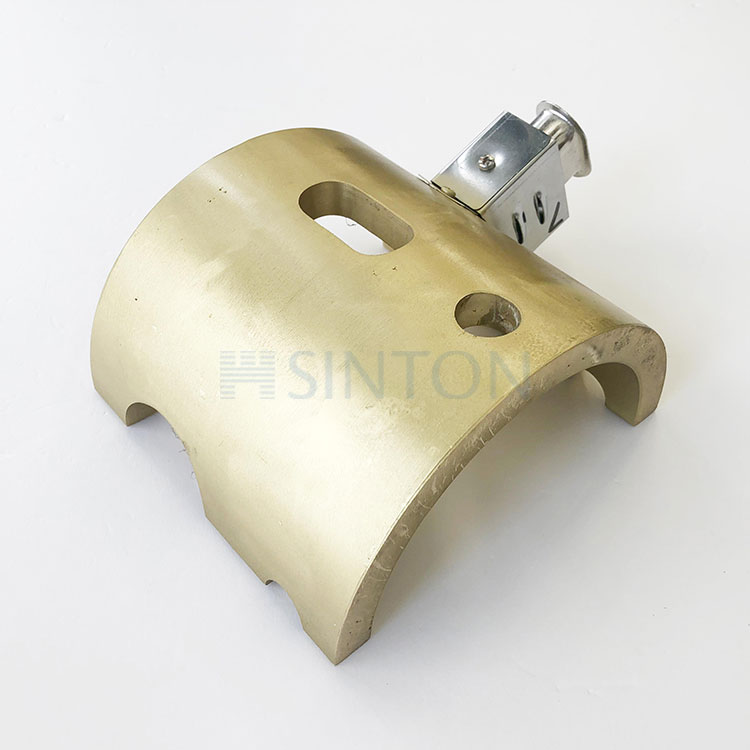
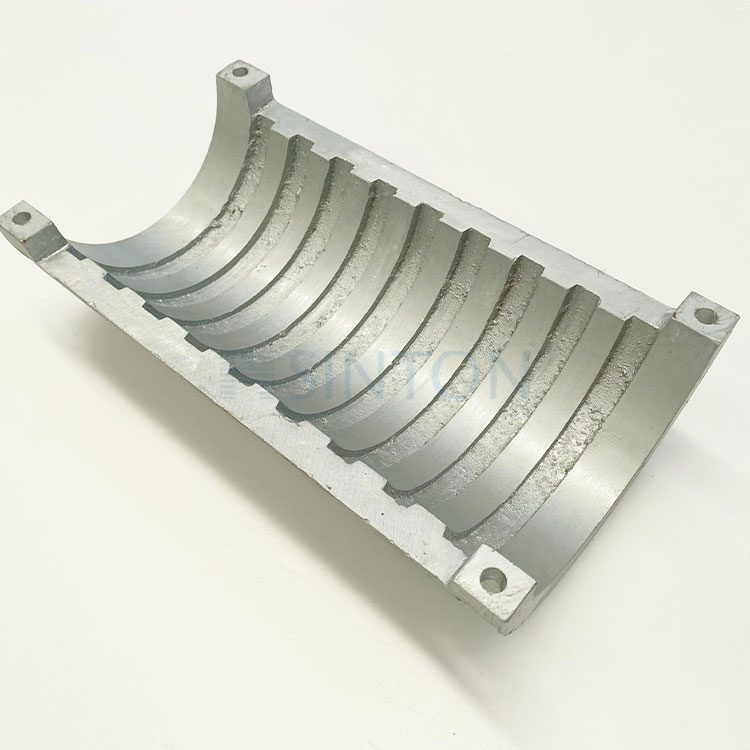
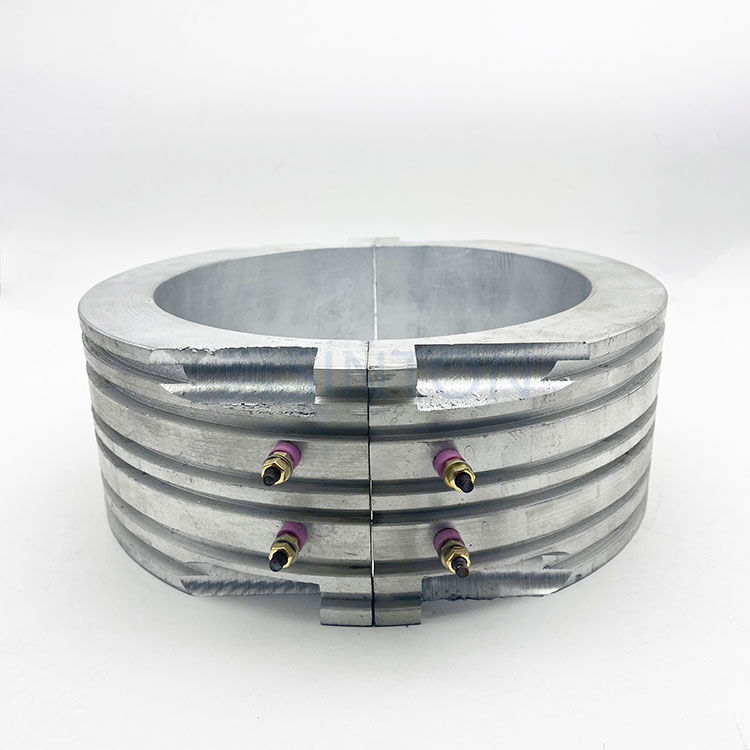
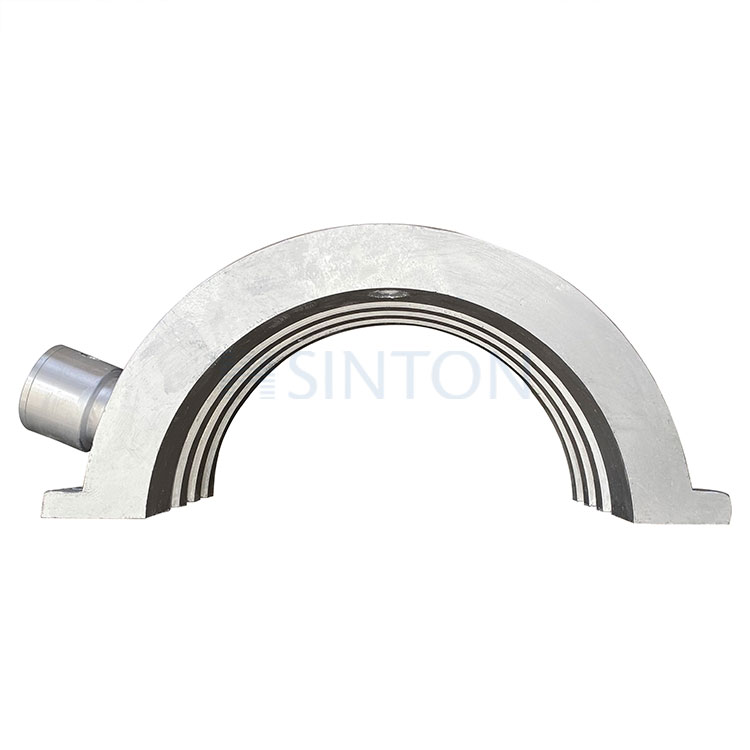
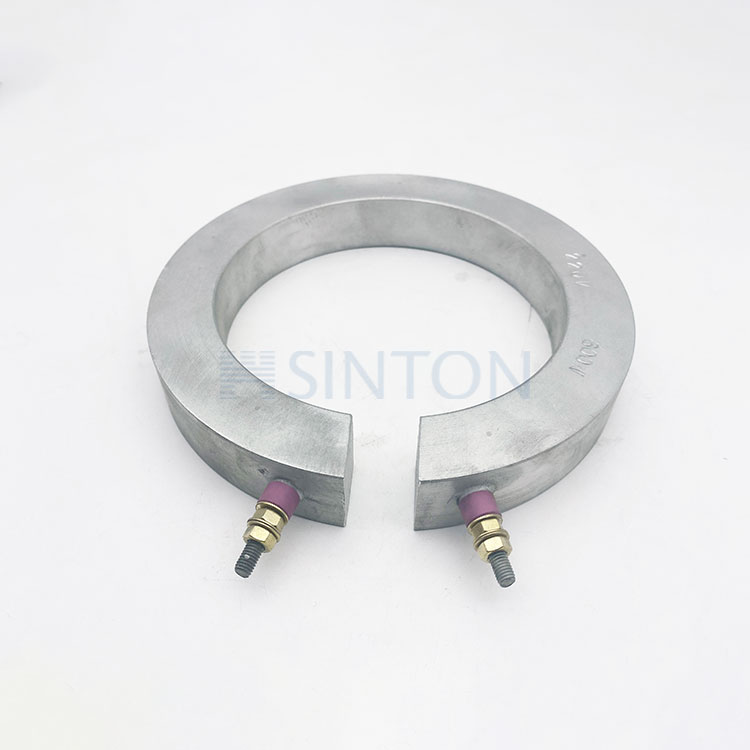
 O considerație majoră pentru această aplicație
O considerație majoră pentru această aplicație 
